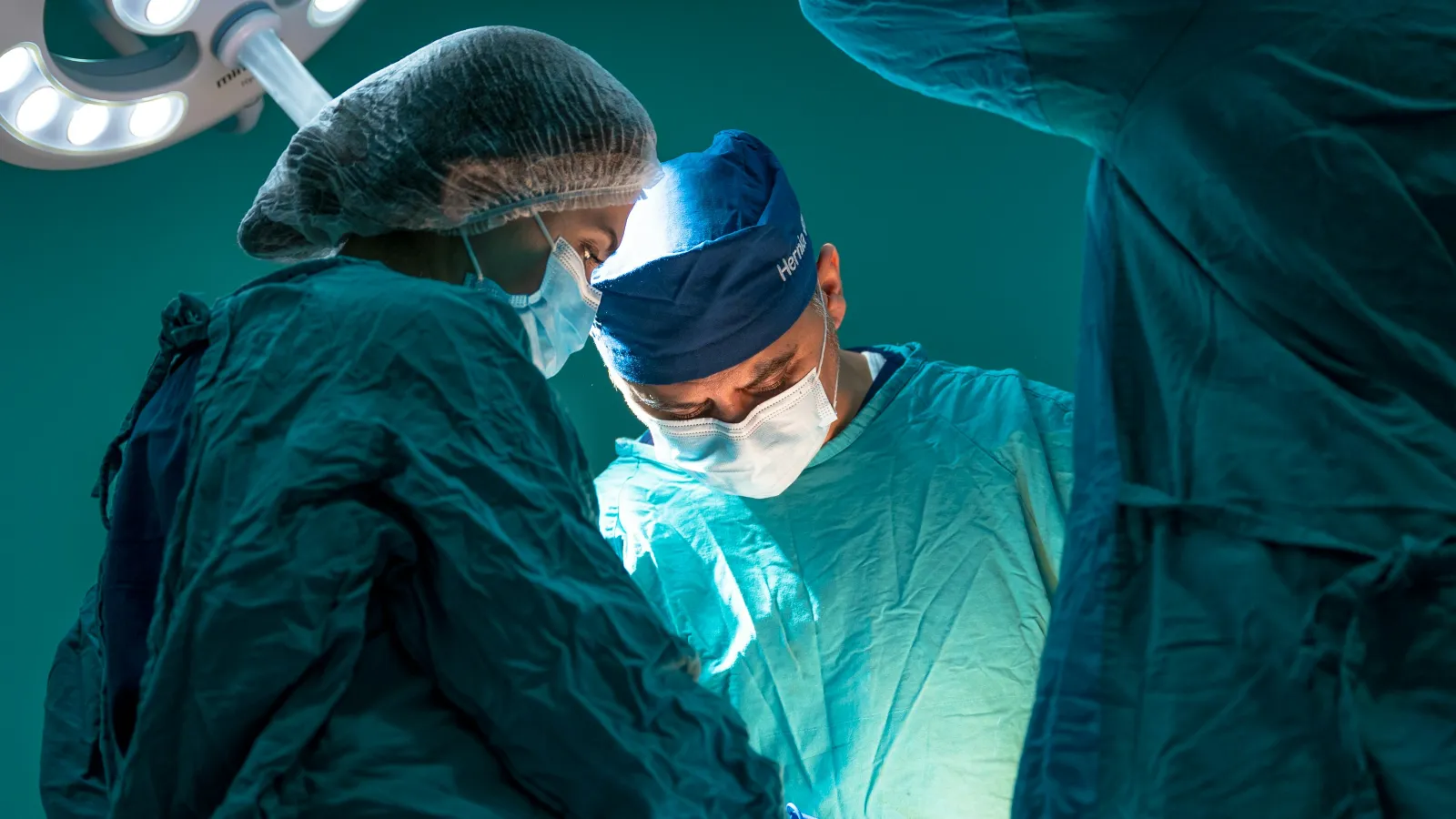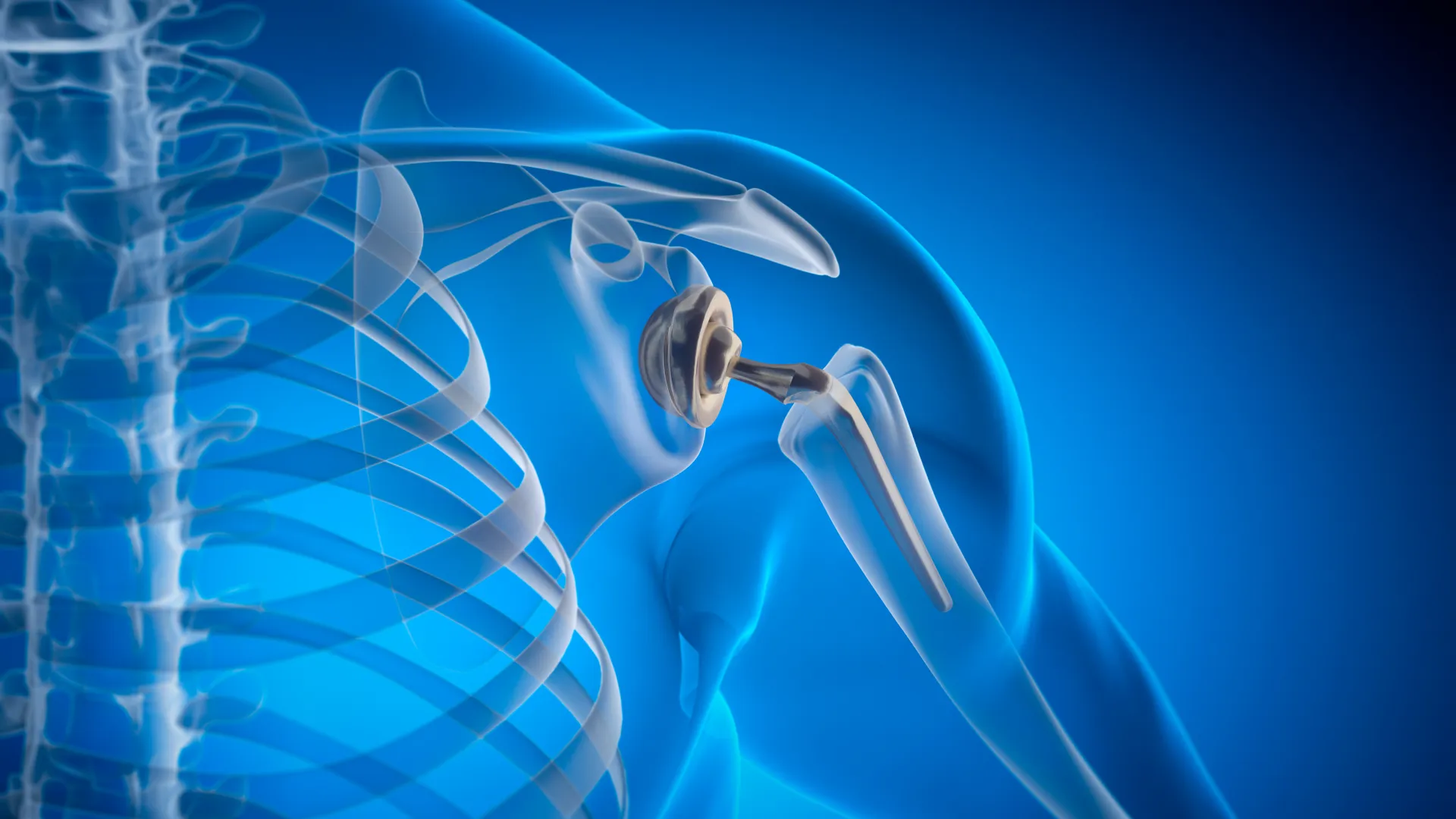
Shoulder Replacement
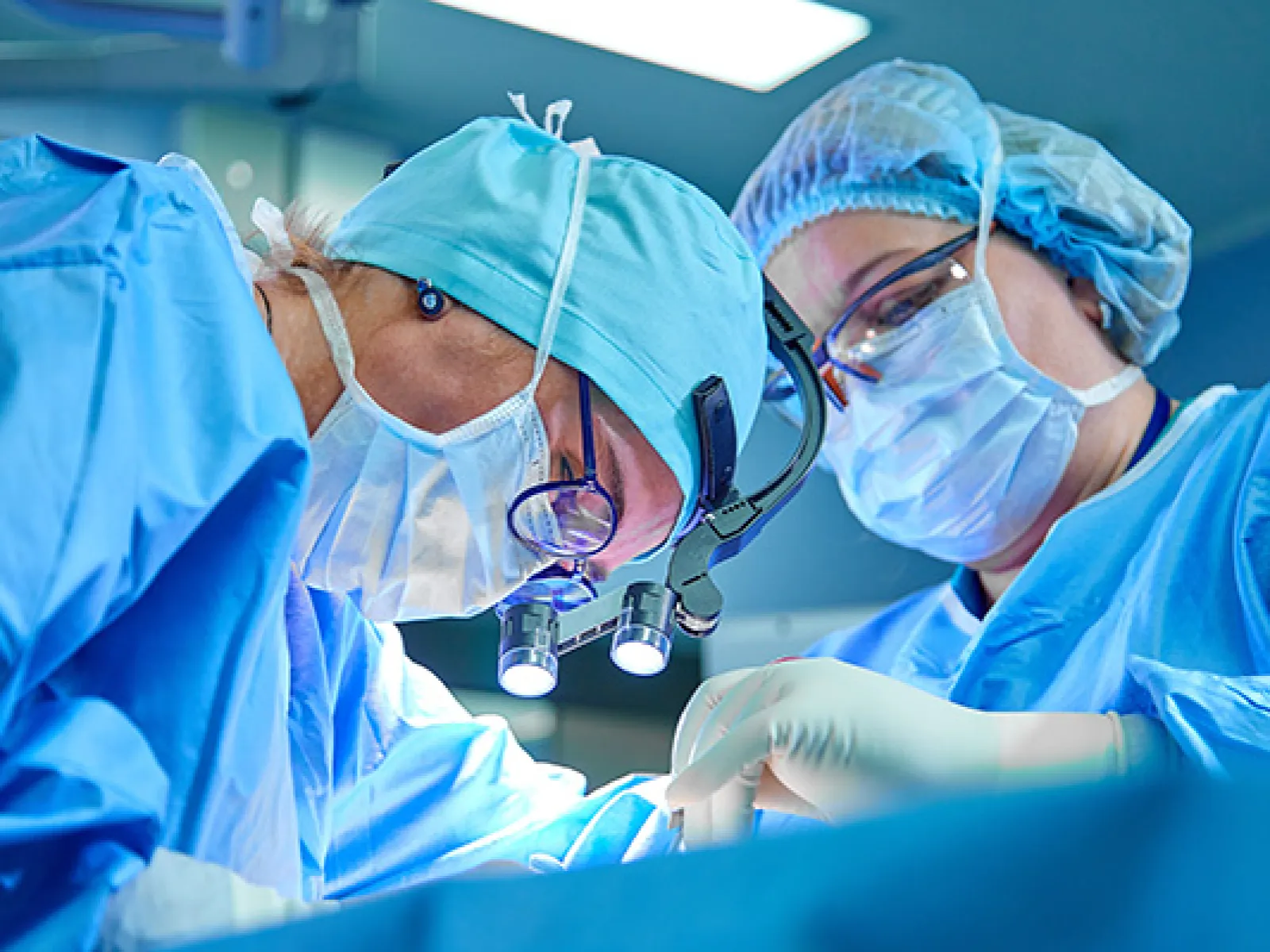
Shoulder Replacement Surgery
Shoulder replacement surgery, also known as shoulder arthroplasty, is a common procedure to relieve pain and restore function in patients suffering from severe degenerative shoulder conditions. At South Shore Orthopedics, we specialize in providing high-quality care for individuals seeking relief from debilitating shoulder pain, helping them regain mobility and quality of life.
Understanding Shoulder Replacement Surgery
The shoulder is one of the most mobile and versatile joints in the human body, allowing a wide range of movements. For the shoulder to function properly, a series of bones, ligaments, muscles and tendons work together in a coordinated manner. When these components become damaged due to injury, arthritis, or other conditions, it can lead to severe pain and loss of function.
Shoulder replacement surgery involves replacing the damaged parts of the shoulder joint with artificial components, known as prostheses. The surgery aims to alleviate pain, improve joint function, and enhance the patient's ability to perform everyday activities.
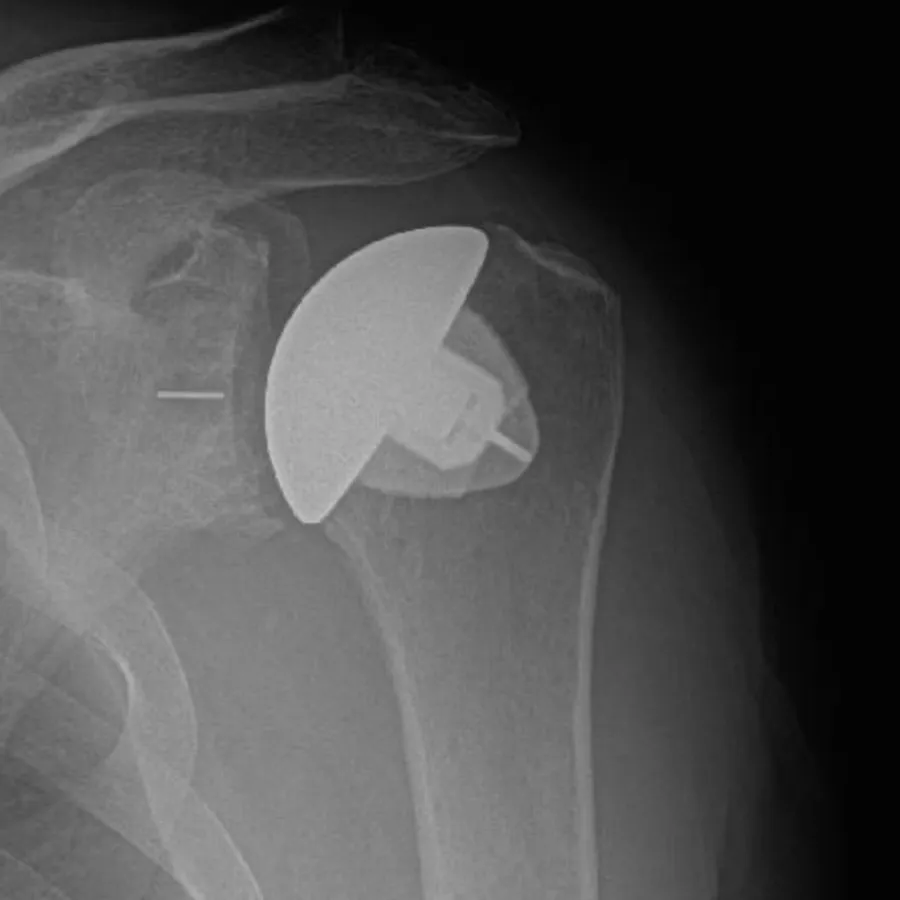

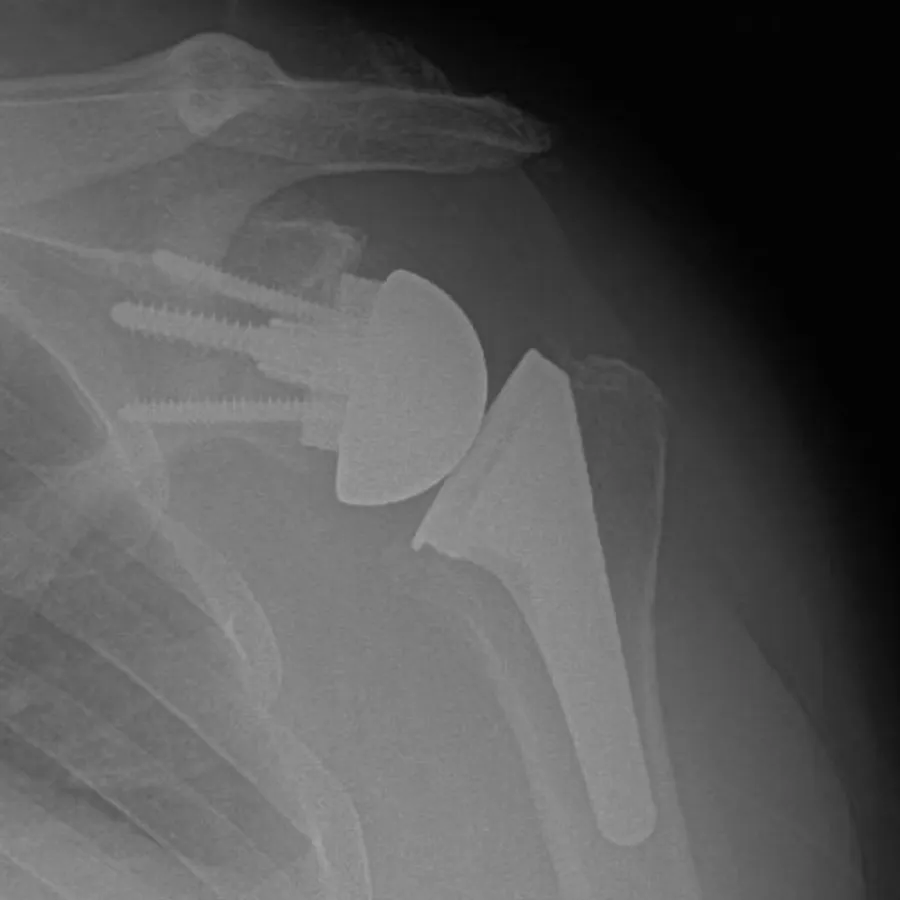
Types of Shoulder Replacement Surgery
There are several types of shoulder replacement surgeries, and the choice of procedure depends on the patient's specific condition and the extent of damage to the shoulder joint. The main types include:
Who Is a Candidate for Shoulder Replacement Surgery?
Shoulder replacement surgery is generally recommended for patients who experience:
- Severe shoulder pain that interferes with daily activities and does not respond to conservative treatments such as medication, physical therapy, or injections.
- Significant loss of shoulder function and range of motion.
- Severe arthritis, including osteoarthritis, rheumatoid arthritis, or post-traumatic arthritis.
- Avascular necrosis, a condition where the blood supply to the shoulder bone is disrupted, leading to the death of bone tissue.
- Complex fractures of the shoulder that cannot be repaired with other surgical methods.
- Failed previous shoulder replacement surgery.
- Chronic rotator cuff tears that cannot be repaired.
Patients who are candidates for shoulder replacement surgery typically have tried other non-surgical treatments without finding relief. A thorough evaluation by an orthopedic surgeon is necessary to determine the best course of action based on the individual's specific condition and overall health.
Benefits of Shoulder Replacement Surgery
Undergoing shoulder replacement surgery can provide numerous benefits, including:
- Pain Relief: The primary goal of shoulder replacement surgery is to alleviate pain caused by arthritis or injury. Most patients experience significant pain relief, which improves their quality of life.
- Improved Mobility and Function: Replacing the damaged joint components with prosthetics can restore normal shoulder movement, allowing patients to perform everyday activities more easily.
- Enhanced Quality of Life: With reduced pain and improved function, patients can return to their favorite hobbies, sports, and activities they may have avoided due to shoulder pain.
- Long-Lasting Results: Modern prosthetic materials and techniques have made shoulder replacements more durable, often lasting for many years with proper care and maintenance.
Recovery and Rehabilitation
Recovery from shoulder replacement surgery involves several stages, each requiring commitment and patience from the patient:
- Initial Recovery: After surgery, the arm will be immobilized in a sling to protect the joint and allow healing. Sling is typically worn for 3-6 weeks depending on the type of operation. Pain and swelling are common, and pain medication will be prescribed to manage discomfort. Ice to the surgical site is crucial to help with swelling and discomfort. The surgical site should be kept clean and dry to prevent infection.
- Physical Therapy: Physical therapy is a critical component of recovery. A physical therapist will guide the patient through exercises designed to improve range of motion, strength, and flexibility. The rehabilitation program typically starts with gentle, passive movements and gradually progresses to active exercises. This will typically start about 3-4 weeks after the operation.
- Long-Term Recovery: Full recovery from shoulder replacement surgery can take up to a year with the bulk of the recovery happening in the first 3-6 months. . Patients are advised to avoid heavy lifting, overhead activities, and any movements that could stress the shoulder joint during this time. Regular follow-up visits with the orthopedic surgeon are necessary to monitor progress and ensure proper healing.
Risks and Complications
Like any surgical procedure, shoulder replacement surgery carries some risks, including:
- Infection: Post-surgical infections can occur but are rare. Proper wound care and antibiotics can help prevent and treat infections. Certain medical conditions such as diabetes can put you at higher risk for this complication.
- Dislocation: The prosthetic components can become dislocated, especially if the shoulder is overused or improperly positioned during recovery.
- Nerve or Blood Vessel Damage: Although rare, surgery can sometimes cause injury to the surrounding nerves or blood vessels.
- Prosthesis Wear and Tear: Over time, the artificial components may wear out or become loose, necessitating revision surgery.
Despite these potential risks, shoulder replacement surgery is generally safe and highly effective, with a high success rate. Long term studies show that about 90% of shoulder replacements are intact at 10 years and about 80% are intact at 20 years. Improvements in implants and techniques will continue to improve the longevity of shoulder replacements.

Why Choose South Shore Orthopedics for Your Shoulder Replacement Surgery?
South Shore Orthopedics is dedicated to providing our patients with the highest care and expertise. Our team of experienced orthopedic surgeons specialize in shoulder replacement surgery and use the latest techniques and technology to ensure the best possible outcomes. We understand the impact of shoulder pain on your life, and we are committed to helping you regain mobility and independence.
Our patient-centered approach ensures personalized care tailored to your unique needs. From your initial consultation through your surgery and recovery, we support you every step of the way.

Dr. John Haskoor, a renowned specialist in shoulder replacement procedures, leads our shoulder replacement surgery department. Dr. Haskoor brings extensive experience and expertise, particularly in reverse shoulder replacement, which is a highly effective technique for patients with complex shoulder conditions. Fellowship-trained at The Johns Hopkins Hospital in Baltimore, Maryland, Dr. Haskoor has a focused background in shoulder and elbow surgery, ensuring that our patients receive the highest level of care and advanced surgical techniques. His dedication to patient outcomes and commitment to excellence make him a trusted leader in orthopedic surgery.




